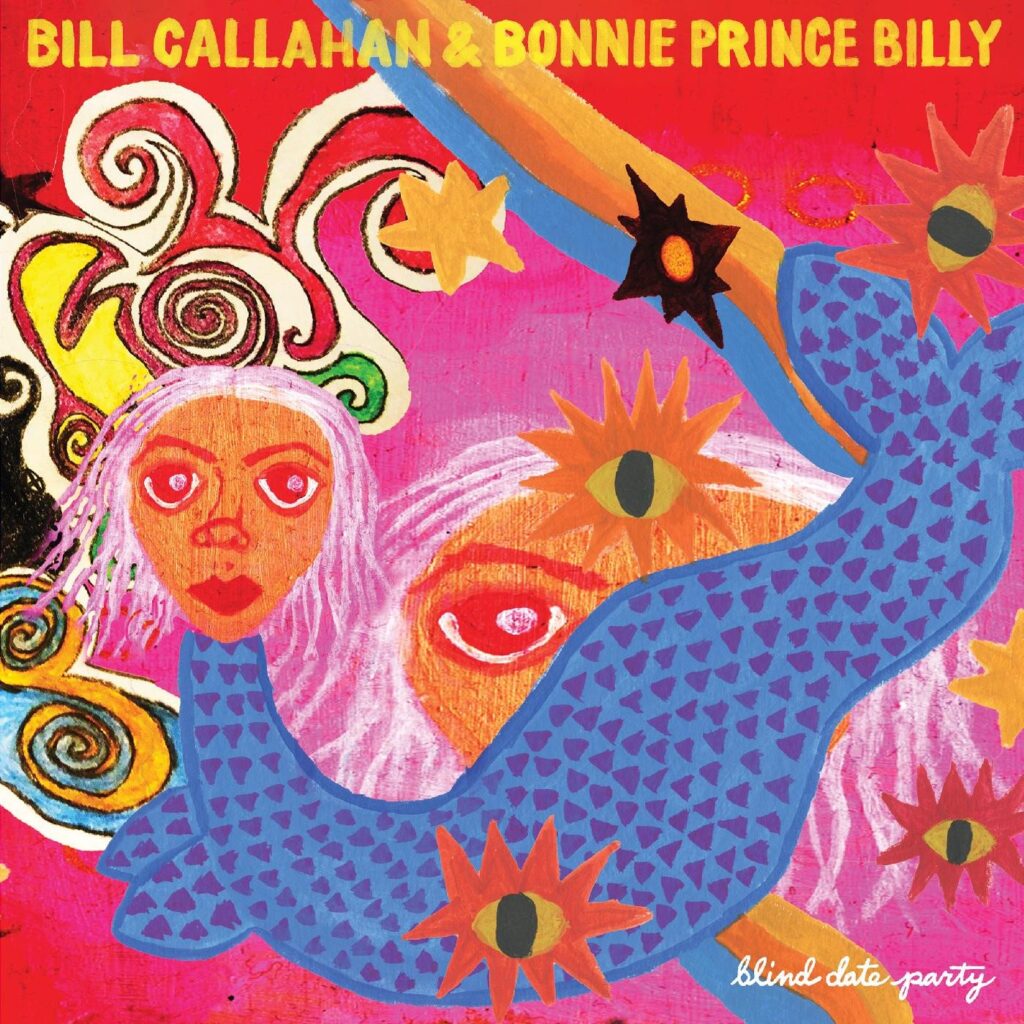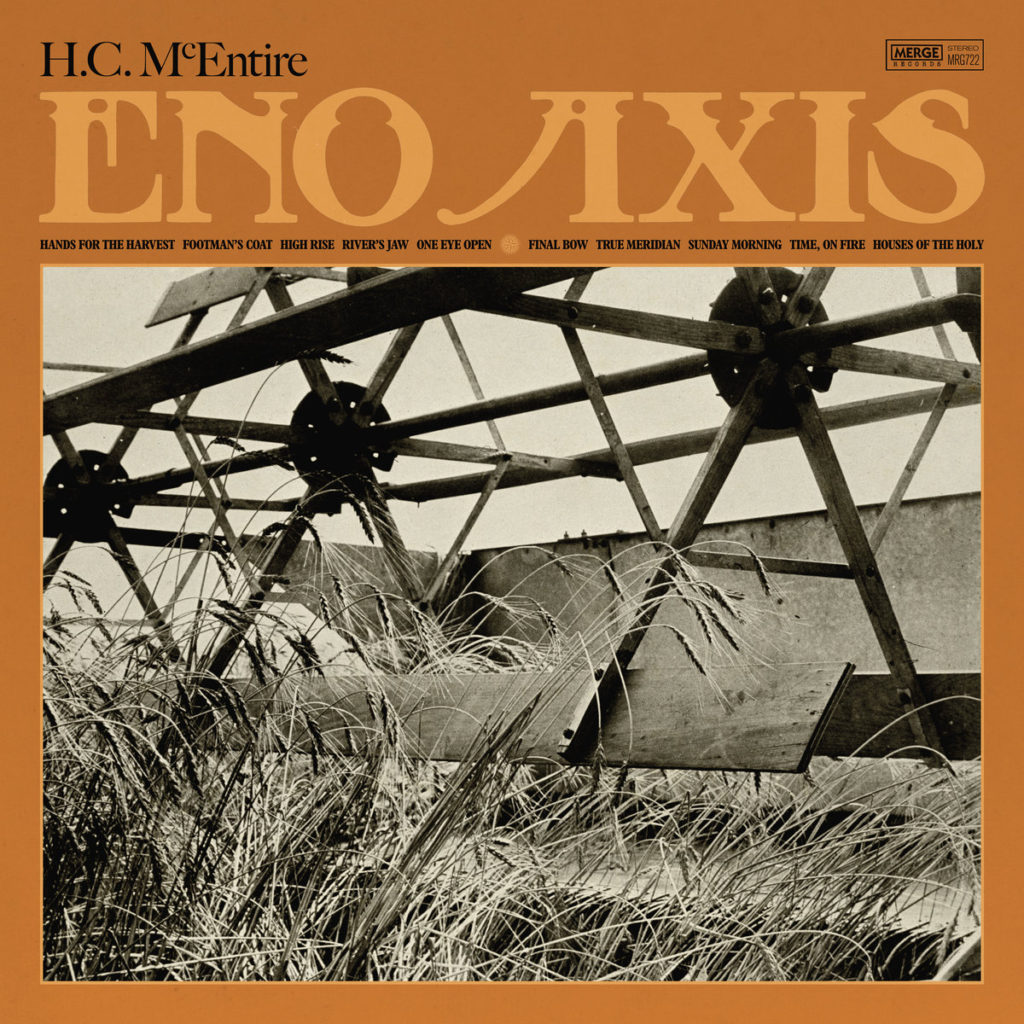The lofty issues San Diego wordsmith Adam Gnade tackles on Run Hide Retreat Surrender are nothing if not ambitious and far-reaching, chief among them the need to escape jobs, tired relationships, and a prison of substances, sexuality, and social contexts by simply hitting the road. But the long-form narrative Gnade unfurls in his mumbled, Beat-inspired drawl is one kept alive by illuminating moments and tiny details. The nine-song disc, a spoken-word storyline punctuated with instrumental interjections and only occasional verse-chorus-verse tangents, aims to pack all the linguistic wallop of On the Road, but it delivers its theses and conclusions with an attentive ear to the minutia and sometimes-unseen clutter of American lives.
In the most basic sense, the Loud + Clear disc recounts a trek cross-country inspired by a need to flee everything you know. It begins in a West Coast apartment, amid a fight in wintertime, and quickly finds itself on the country’s highways, leaving behind all that is familiar, the horizon both literally and figuratively stretched before it. Gnade has an eye for the way the world writes its truths below the surface, and the listener doesn’t need to wait long for him to find a lyrical rhythm that snakes around all sorts of descriptive turns of phrases and colorful observations aspiring to Ginsberg’s “Howl.”
Once he hits the road, his descriptions are all the more enveloping, flickering by in a rapid stream of consciousness that echoes the way the world appears, half-blurry and ever-changing, from a passenger-side window. The music, though far from the record’s driving force, follows suit — expanding from the spare, fragile guitar asides of “So Long Darling / It’s No Use” to the late-time bluesy sway of “Old Lover,” from the slowly building bass-pop backdrop of “Room for Three and the Bayou Summer” to the danceable, almost edgy clatter of “Dance to the War.” (Even without the words, the jaunty folk-blues of “New Yorkers Don’t Care About Anything / A People’s History of Delaware” and the melancholy closing track are captivating.)
But the words are what intoxicates, and Gnade knows it, even bringing the listeners into the world of creating the text with reflexive nods to the actual act of bringing the record from the road to your stereo. “Sloppy to kill memories, run hide retreat surrender,” Gnade mutters in “The Old Lover.” “It’s OK, it’s OK. You’ll save yourself from yourself, and write a book and a record about it, too. And Dan will play guitar and hand you a mic and plug you in and you’ll drink together and he’ll run the tape all night and all will be alright. Because we will fix ourselves, you think. We will, we will, we will.”
Before any sense of repair or closure approaches, though, we get an interesting travelogue of sorts: Magazine deadlines in southern California. Dixieland performers in New Orleans. The sands of Florida, fog over the Chesapeake. Treks up the New Jersey Turnpike. Cigarettes in Brooklyn, jokes on the NYC subway. We also get a litany of asides that ground Gnade’s tale in everyday life, be it the jabs about working — the jobs you hate, making money that goes God knows where — or the constant presence of the war in Iraq, the reminiscing with high school friends, the presence of 7-Eleven coffee or beer in mundane stryofoam cups. It’s not always a welcoming place, but, even in its lulls, Gnade’s world crackles with the fascination he seems to find in all of its corners, all the more reason it’s tough to leave it behind when the record ends. – Delusions of Adequacy, Feb. 24, 2006




